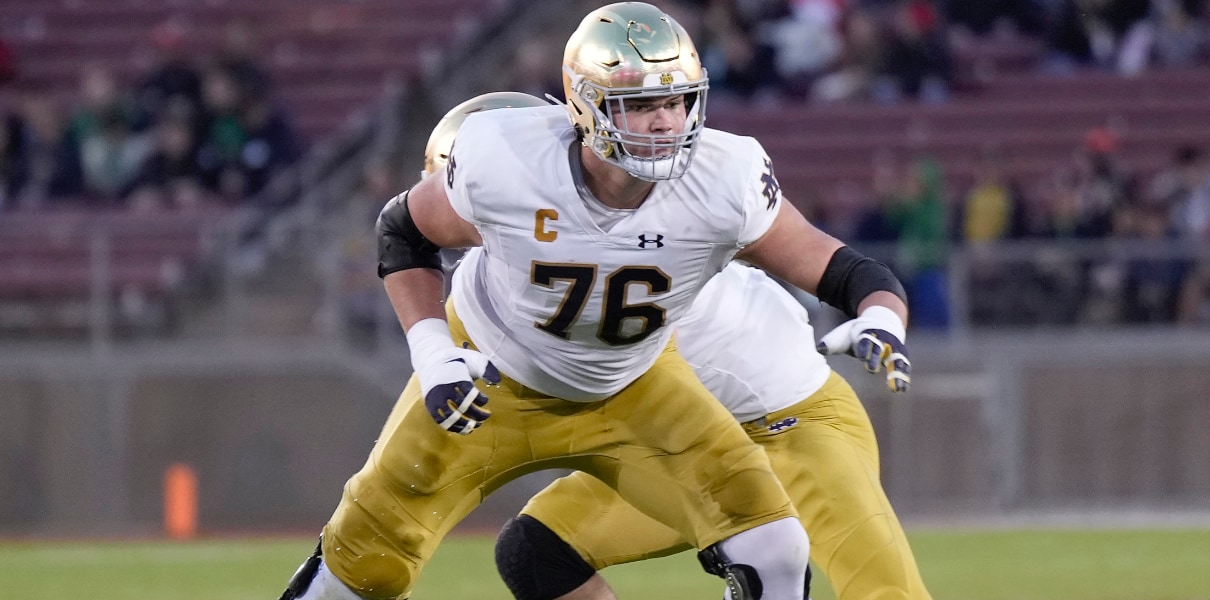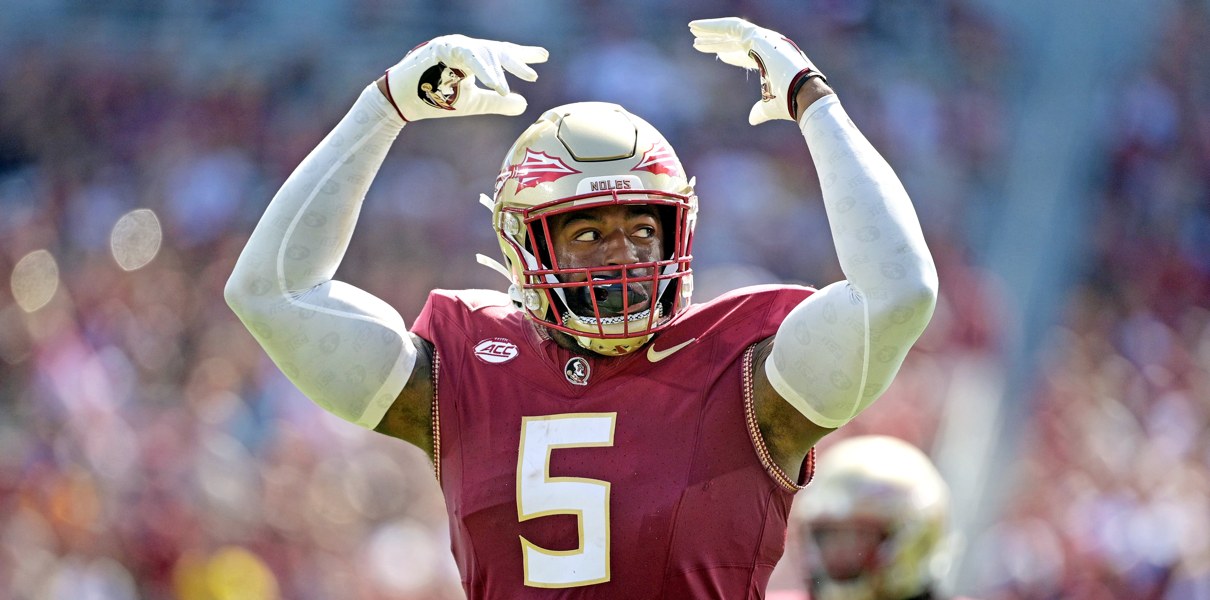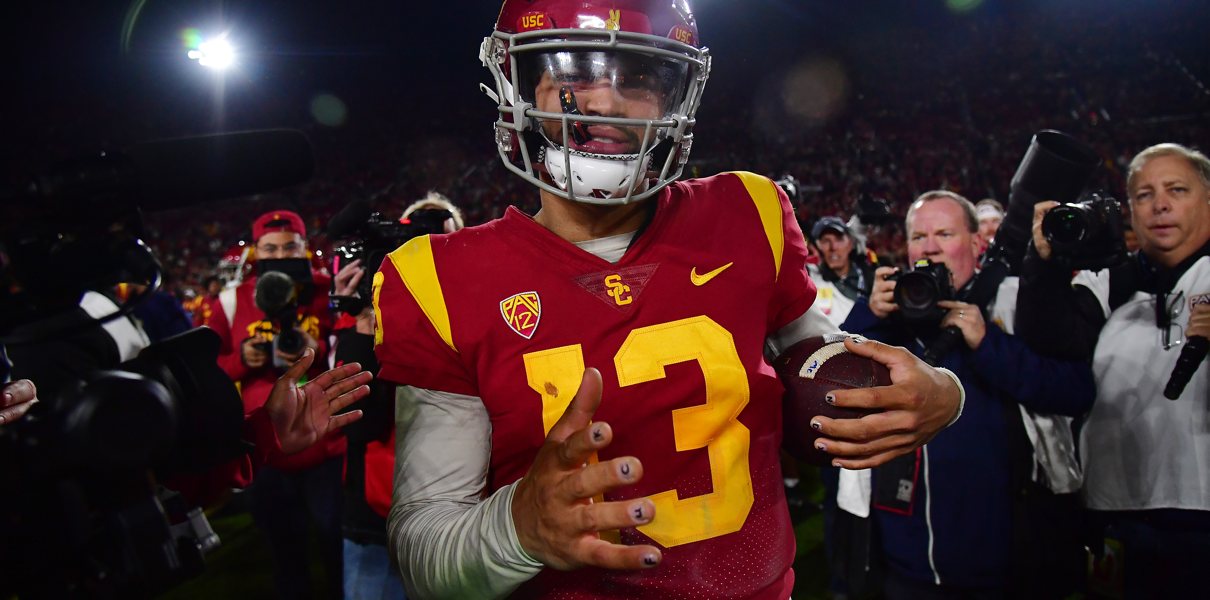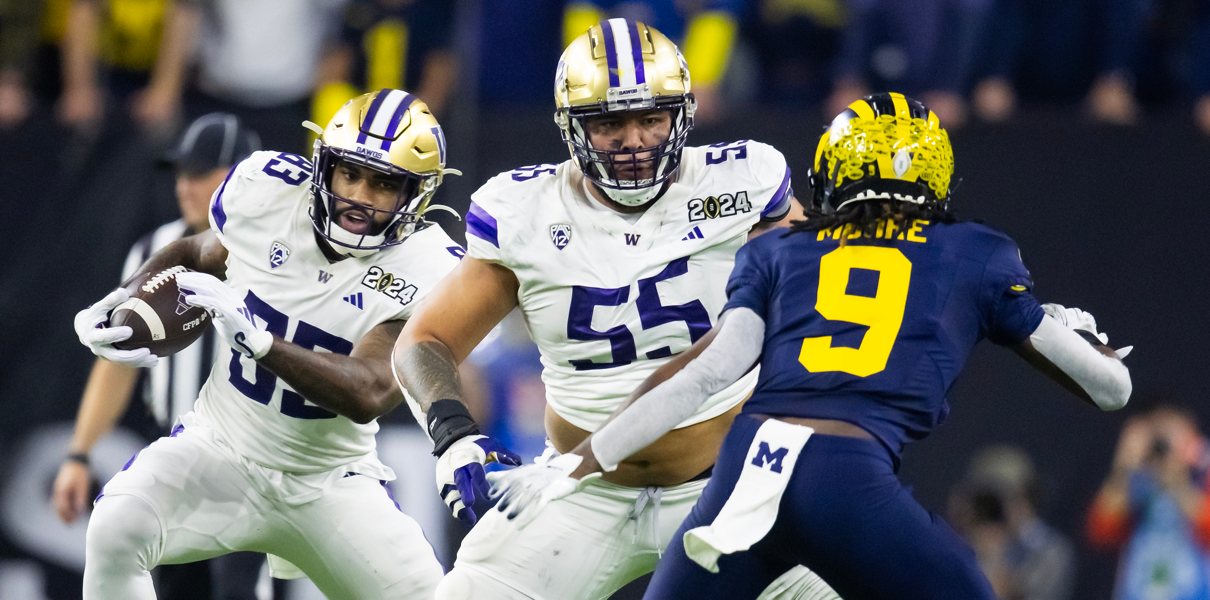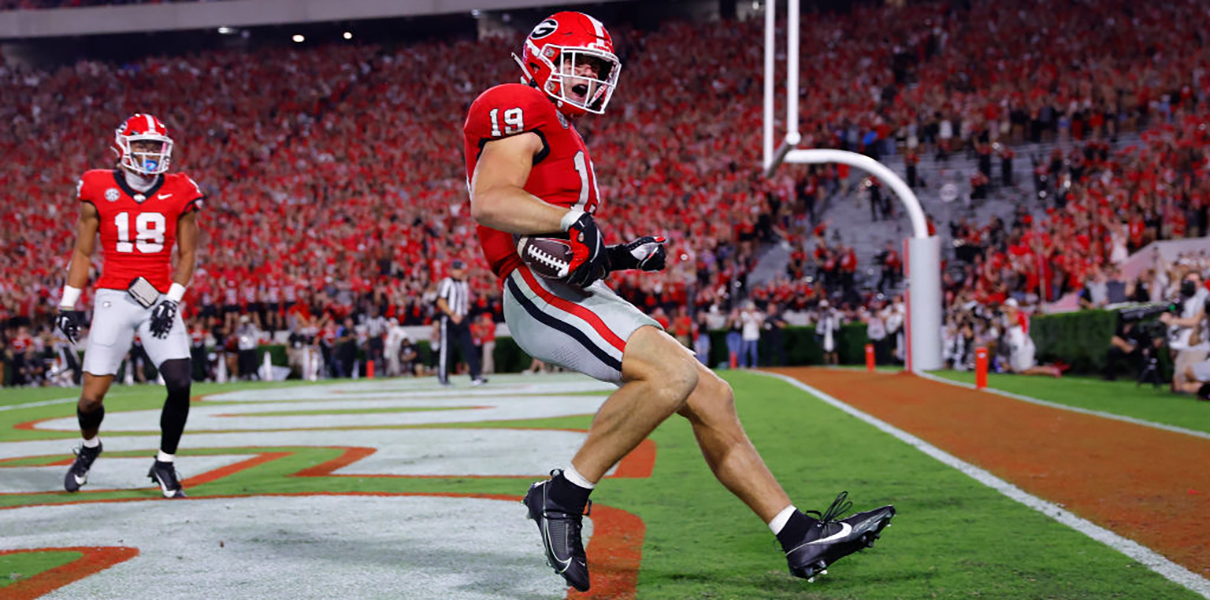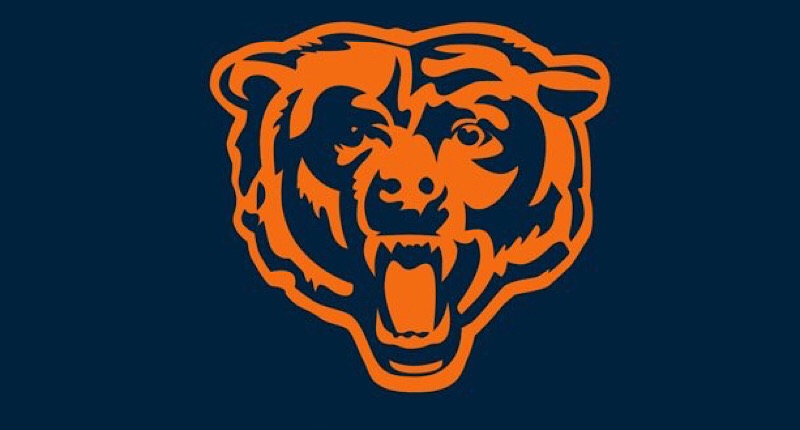After the Chicago Bears 38-10 loss to the Minnesota Vikings nearly two weeks ago wrapped up another dreary season, wide receiver Alshon Jeffery made a bold promise for 2017:
“I guarantee you we’re going to win the Super Bowl next year.”
Since then, a lot has been written about the – eh hem, – probability of such a lofty prediction, given that the Bears just wrapped up their third consecutive losing season (each with double digit losses), but I think that misses a larger point:
Even if the Bears manage to miraculously bounce back in a big way next season, Jeffery’s participation in that rise is not yet clear. In other words, will he even be a part of that “we’re.”
Jeffery is a free-agent-to-be who is still under team control until March 9 when the 2017 league calendar begins, ushering in free agency in the process. What does his future hold then? Well, as discussed at a number of publications (The Athletic, Bleacher Report, Fox Sports, and The Washington Post), GM Ryan Pace has a fairly significant decision ahead of him – with respect to his big wide receiver – and it will, in a fairly significant way – help dictate the rest of their offseason.
But before we get to that, let’s back up.
Around this time last year, the Bears were faced with essentially the same problem: Jeffery was a young, talented potential free-agent, in whom the Bears still had team control. And although they tried to extend Jeffery to a long-term contract, they failed, and were forced to use their franchise tag to keep him. The result was a one-year contract worth $14.6 million – or the average of the top five wide receiver salaries at the time.
If the Bears hope to keep Jeffery for another season, they’ll either be forced to slap the franchise tag on him again – something they’re likely hoping to avoid – or they’ll have to extend him to the contract they failed to agree upon last year. Let’s take a quick look at both options, before considering the alternative.
The Bears have until March 1 to decide whether or not they are going to franchise Jeffery, and offer him a 20% raise on top of the $14.6 million he received last year – so roughly $17.5 million. If they are dead-set on avoiding that outcome, they’ll need to ink him to a medium-long term deal, lest he become a free agent. Though, they could still do both by using the franchise tag to give the team until July 15 to work out a multi-year deal. After 3 p.m. on July 15, Jeffery would only be allowed to sign a one-year deal.
At The Athletic, Dan Durkin believes that the Bears stand a chance at getting Jeffery to agree to an extension (potentially even a discounted one) this year, because quite a few things have changed since last offseason. For one, Jeffery was suspended four four games in 2016, after being caught using performance-enhancing drugs. And thanks to a soft-tissue leg injury in 2015, he’s actually only made 21 starts over the past two seasons overall – a far cry from ideal.
But the leverage isn’t entirely in the Bears’ court.
Jeffery has averaged 81 receiving yards per game over the past two years, which is good for seventh best in the NFL and has two 1,000-yard receiving seasons under his belt. If he were to become a free-agent, he would likely become one of the more sought-after wide receivers on the market. In addition, if the Bears manage to get their “quarterback of the future” this offseason (be it through the draft or otherwise), they’re going to want to get him off to a good start – and that requires a good target down the field.
Despite the fact that Jeffery’s production doesn’t often reach its potential, the Bears GM still expects a stronger season from Jeffery in 2017. After all, a revolving door at quarterback and a handful of missed games may have thrown off his ability to get into any sort of rhythm.
So what might a longer-term deal look like?
Durkin believes the Bears might get Jeffery to agree to something between $11-$14 million in average annual value (which would put him among the top-10, but just outside the top-5 in that category) with roughly $30-$40 million guaranteed (putting him among the top four) depending on his market. Frankly, that might be what it takes.
Not only do the Bears have the cap space to accommodate such an addition, Erik Lambert (Fox Sports) points out the team simply doesn’t have many proven options at wide receiver. And again, if they choose to not slap him with the franchise tag again and can’t get a long-term deal done before March 9, Jeffery will be able to negotiate with every team in the league. At that point someone would bite – and the Bears would have to start from scratch.
As of now, the general consensus seems to believe some sort of deal – be it of the short or long term variety – will get done and Jeffery will try his best to deliver on the promise he made at the end of this season.





